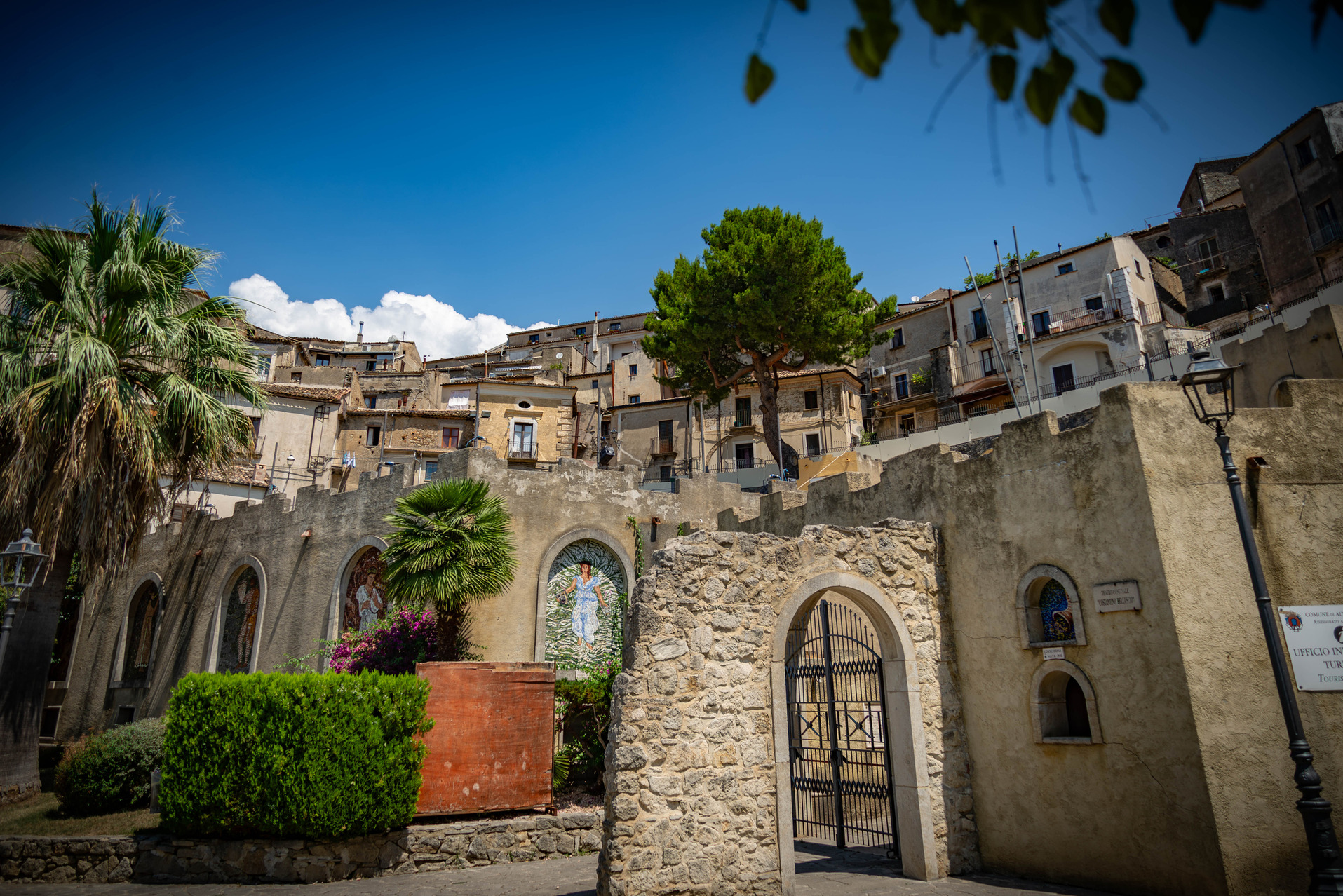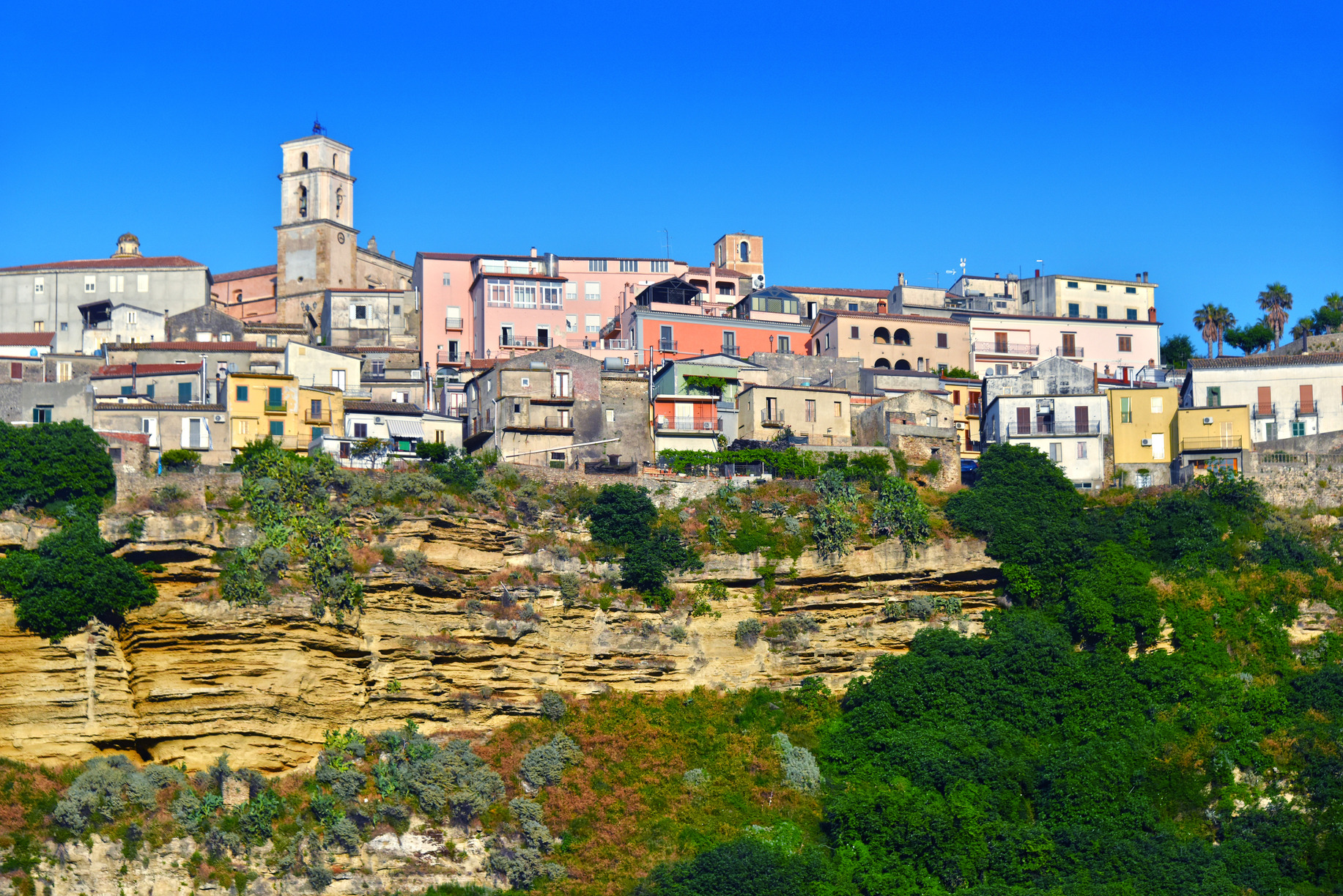Staff
The mechanical pencil is a sleek and efficient writing tool with an Italian heart, as it was created by the company Aurora, a renowned manufacturer of fine writing instruments. Founded in Turin in 1919 by Isaia Levi, Aurora quickly became …
The Italian word ciononostante(cho-no-no-stahn-tai) is an adverb meaning “nevertheless,” “nonetheless,” or “despite that.” It is used to introduce a contrasting statement or an exception, similar to how “however” functions in English. It typically signals a shift in tone or outcome …
The 9th Week of the Italian Cuisine in the World will be held in Los Angeles from November 18 until November 22, 2024. This year edition’s theme will be “Mediterranean Diet and Culinary Roots: Health and Tradition”. The Consulate General of Italy …
We all had pretzels at least once in our lives, but how many among us know they have Italian roots? Legend has it that pretzels, one of the world’s oldest baked snacks, originated in 7th-century Italy in the Aosta Valley, …
Altomonte is a small village in Calabria, southern Italy, known for its medieval charm, historical significance, and cultural wealth. Located in the province of Cosenza, it is around 38 miles northwest of the city. While somewhat off the beaten path, …
Founded in 1909 by the Italian-born French designer Ettore Bugatti, Bugatti remains a symbol of luxury, innovation, and racing excellence more than 100 years later. Originally headquartered in Molsheim, Alsace, which was then part of Germany, the company became known …
Accipicchia (atch-tchi-peek-eeah) is a playful and colorful interjection in the Italian language, often used to express surprise, amazement, or mild frustration. It’s a term that embodies the expressive flair of the language and that can add a sense of lightheartedness …
Santa Severina is a historic village in the province of Crotone, Calabria, about 30 kilometers inland from the city of Crotone itself. Built on a hill overlooking the Neto River Valley, Santa Severina is famous for its breathtaking views of …
The Italian word spavento (spah-vehn-toh) refers to a sudden and intense feeling of fear or fright. It is commonly used to describe an emotional reaction to an unexpected event or perceived danger, and can also imply shock or alarm in …
The Ottobrata Zafferanese is one of the most important gastronomic festivals in southern Italy, held every Sunday in October in the town of Zafferana Etnea, located on the eastern slopes of Mount Etna. This year, the 44th edition takes place …










